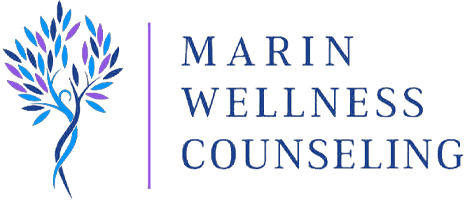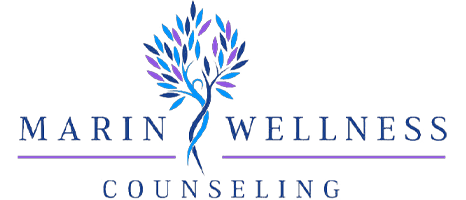Understanding Dyslexia: Unraveling Treatment Methodologies for a Complex Learning Disorder

Dyslexia, a specific learning disorder characterized by difficulties with accurate and fluent word recognition, spelling, and reading, affects millions of individuals worldwide. Despite its prevalence, dyslexia often remains misunderstood, leading to challenges in diagnosis and effective intervention. In this blog post, we’ll explore the intricacies of dyslexia and examine various treatment methodologies aimed at empowering individuals with this learning disorder.
Decoding Dyslexia:
Dyslexia is not a reflection of intelligence but rather a neurobiological condition that affects the way the brain processes written and spoken language. Individuals with dyslexia may experience challenges in phonological processing, rapid automatized naming, and working memory, making it difficult to decode words, comprehend text, and spell accurately. These difficulties can have profound implications for academic achievement, self-esteem, and overall quality of life.
Treatment Methodologies:
While dyslexia is a lifelong condition, early identification and intervention can significantly mitigate its impact on individuals’ lives. Here are several evidence-based treatment methodologies commonly employed to support individuals with dyslexia:
Structured Literacy Instruction:
- Structured literacy programs provide systematic and explicit instruction in phonemic awareness, phonics, fluency, vocabulary, and comprehension.
- Multi-sensory techniques, such as Orton-Gillingham approach, incorporate visual, auditory, and kinesthetic modalities to reinforce learning and memory.
Phonological Awareness Training:
- Phonological awareness refers to the ability to recognize and manipulate the sounds of language. Interventions targeting phonological awareness skills help individuals with dyslexia develop stronger foundations for reading and spelling.
- Activities may include rhyming games, syllable segmentation exercises, and phoneme blending tasks.
Assistive Technology:
- Assistive technology tools can provide valuable support for individuals with dyslexia, enabling them to access and engage with written material more effectively.
- Text-to-speech software, speech recognition programs, and word prediction tools assist with reading, writing, and note-taking tasks.
Educational Accommodations:
- Accommodations in educational settings ensure that individuals with dyslexia have equal access to learning opportunities.
- Extended time on tests, audio recordings of textbooks, and preferential seating arrangements are examples of accommodations that can facilitate academic success.
Cognitive-Behavioral Therapy:
- Cognitive-behavioral therapy (CBT) techniques can help individuals with dyslexia address associated emotional challenges, such as anxiety, frustration, and low self-esteem.
- CBT interventions focus on modifying negative thought patterns, building resilience, and developing coping strategies for managing stress.
Parent and Teacher Training:
- Education and support for parents and teachers are essential components of effective dyslexia intervention.
- Training programs provide caregivers and educators with knowledge about dyslexia, strategies for supporting affected individuals, and resources for creating dyslexia-friendly environments.
Conclusion:
Dyslexia presents unique challenges, but with the right support and intervention, individuals with this learning disorder can thrive academically, socially, and personally. It’s crucial to adopt a multi-faceted approach to dyslexia treatment, addressing both the academic and emotional aspects of the condition. By promoting awareness, early detection, and evidence-based interventions, we can empower individuals with dyslexia to unlock their full potential and pursue their aspirations with confidence.

